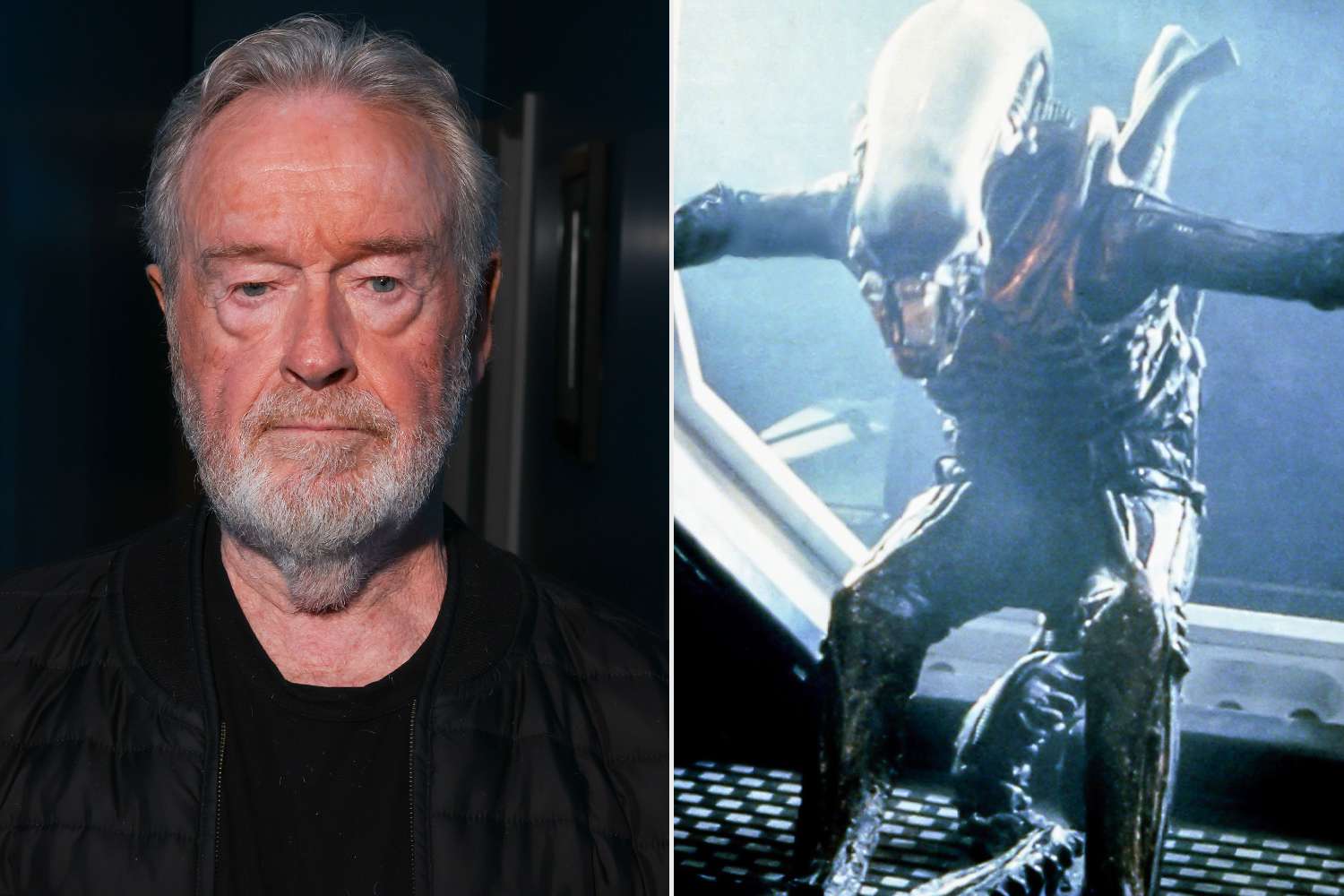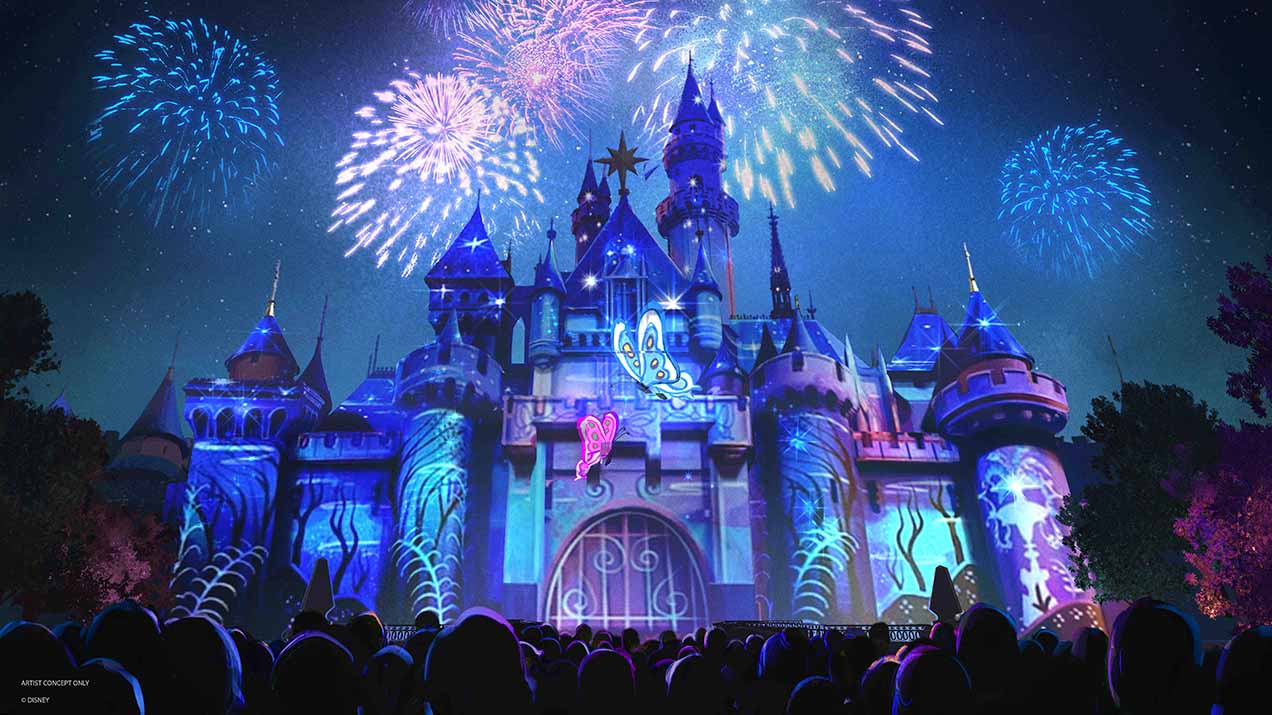How Ridley Scott Reshaped The Alien Franchise 13 Years Ago

Table of Contents
Thirteen years ago, the Alien franchise experienced a seismic shift. Ridley Scott, the visionary director behind the original 1979 masterpiece, returned to the universe he created, not with a mere sequel, but a prequel that redefined our understanding of the Xenomorph and its origins. This article explores how Prometheus (2012) and its subsequent sequel Alien: Covenant (2017) reshaped the Ridley Scott Alien franchise and its enduring legacy.
<h2>Prometheus (2012): A Philosophical Shift in the Alien Universe</h2>
<h3>Exploring the Engineers and the Creation of Xenomorphs:</h3>
Prometheus introduced the Engineers, a seemingly god-like race possessing advanced technology far surpassing anything humanity has achieved. This immediately expanded the Ridley Scott Alien franchise's scope beyond the simple survival horror of the original films. The film hinted at their role in creating life on Earth, and more disturbingly, the Xenomorph itself.
- Engineer Biology: The film depicts the Engineers as possessing imposing physical strength and advanced genetic engineering capabilities, raising questions about their motives and the ethical implications of their actions. Their physiology, far removed from human anatomy, established them as a truly alien race within the expanded Alien universe.
- The Black Goo: The mysterious black goo, a bioweapon of immense power, became a central element, showcasing the Engineers' potential for both creation and destruction. Its role in the Xenomorph's life cycle created a more complex and disturbing origin story for the iconic creature than previously explored in the franchise.
- Comparison to Previous Antagonists: Unlike the purely predatory Xenomorphs, the Engineers introduced a more complex antagonist; beings capable of both creation and annihilation, prompting a philosophical examination of humanity's relationship with its potential creators. This departure from the straightforward monster-movie tropes of previous films elevated the Ridley Scott Alien franchise to new thematic heights.
<h3>A Focus on Philosophical and Existential Themes:</h3>
Beyond the creature feature elements, Prometheus delved into profound philosophical questions. The film explores themes of creation, evolution, and humanity's place in a vast, potentially hostile universe. The search for meaning and the consequences of unchecked scientific ambition become central conflicts.
- Themes of Creation and Evolution: The film prompts viewers to contemplate the nature of creation itself, questioning whether humanity is alone in the universe and what responsibilities come with discovering advanced extraterrestrial life. The evolution of life and the potential for unforeseen consequences of genetic manipulation are also core themes.
- Character Motivations and Plot Impact: The characters' motivations, driven by scientific curiosity, religious zeal, and personal ambition, directly impact the events unfolding on LV-223. Their choices, both wise and foolish, lead to disastrous consequences, highlighting the dangers of hubris and the unpredictable nature of scientific discovery.
- Comparison to Other Science Fiction Works: Prometheus engaged with established science fiction themes present in works like 2001: A Space Odyssey, but added its own unique spin, focusing on the implications of encountering a superior species and the questions about humanity's own origin story within a larger cosmic framework.
<h2>Alien: Covenant (2017): A Direct Connection to the Original and New Horrors</h2>
<h3>Bridging the Gap Between Prometheus and Alien:</h3>
Alien: Covenant aimed to directly link the events of Prometheus with the original Alien film, offering a more cohesive narrative. The film provided answers to lingering questions and established a clear lineage for the Xenomorph, cementing its place within the expanded Ridley Scott Alien franchise.
- Connecting Plot Points: Covenant directly addresses unanswered questions from Prometheus, creating a bridge between the philosophical exploration of the first film and the visceral horror of the original Alien. The narrative explicitly ties the Engineers, the black goo, and the Xenomorph's creation in a clear causal chain.
- Return of Familiar Elements: Elements familiar to fans of the original Alien, such as the derelict spacecraft and the terrifying presence of the Xenomorph, made a return, creating a sense of continuity and satisfying fans' expectations.
- Xenomorph Evolution in Covenant: Covenant offered a more visceral portrayal of the Xenomorph's life cycle, showcasing its brutal efficiency and terrifying power. The film offered new variations of the Xenomorph, expanding the creature's capabilities and adding to its already horrifying reputation.
<h3>Expanding the Alien Mythology and Introducing New Threats:</h3>
Alien: Covenant expanded the Alien universe significantly, introducing new threats and delving deeper into the Engineers’ role in galactic history. The film provided a more comprehensive understanding of the cosmic horror inherent in the Ridley Scott Alien franchise.
- New Xenomorph Variations: The film introduced different variations of the Xenomorph, demonstrating the creature's adaptability and its capacity to evolve in response to different environments and hosts. These variations maintained the iconic horror of the original but added new elements of suspense and terror.
- Implications for the Franchise's Future: Covenant, despite its divisive reception, expanded the potential narratives within the Alien franchise, leaving room for further exploration of the Engineers, the black goo, and the terrifying potential of the Xenomorph itself.
- Comparison of Scares to the Original Alien: While different in tone, Covenant successfully evoked the same sense of dread and suspense that defined the original Alien, demonstrating Scott's ability to re-create the atmosphere of cosmic horror within the expanded universe.
<h2>The Legacy and Impact of Scott's Return on the Alien Franchise</h2>
<h3>A Divisive but Influential Trilogy:</h3>
Prometheus and Covenant, while not universally lauded, undeniably impacted the Ridley Scott Alien franchise. The films sparked significant debate among fans and critics, highlighting the inherent risks and rewards of expanding an established mythology.
- Critical Responses: The films received mixed reviews, with praise directed towards their ambition and visual effects, and criticism focusing on pacing, plot holes, and character development. However, the impact on the overall discourse surrounding the franchise was significant.
- Box Office Performance: While commercially successful, the films didn't reach the box office heights of some of the earlier Alien installments. Nevertheless, their impact on the franchise's direction and continued relevance remained substantial.
- Impact on Subsequent Projects and Fan Theories: The films significantly influenced fan theories and sparked new discussions around the origins of the Xenomorph and the broader universe of the Alien franchise, shaping interpretations of previous entries and stimulating further creative endeavors within the expanded mythos.
<h3>Redefining the Xenomorph and Expanding its Lore:</h3>
Ridley Scott's prequel films redefined the Xenomorph, expanding its lore and origin story. By tracing its creation back to a far more ancient, cosmic conflict, Scott elevated the creature from a simple, effective antagonist to a symbol of cosmic horror, broadening the scope of the Ridley Scott Alien franchise.
- Expanded Xenomorph Mythology: The films provided a detailed account of the Xenomorph's origin, embedding it within a far grander narrative. This deeper understanding adds to the creature's mystique and terror, while enriching the Alien universe.
- Changing Portrayal of the Creature: The portrayal of the Xenomorph shifted from a purely predatory creature to one with a more complex, albeit horrifying, origin story. This repositioning strengthened its place as a cornerstone of science fiction horror.
- Comparison to Previous Iterations: Comparing the Xenomorph's portrayal in Scott's films to previous iterations reveals an evolution, a shift from a purely biological threat to a tool, a weapon in a vast, ancient cosmic struggle. This expansion enriched the franchise's mythology considerably.
<h2>Conclusion:</h2>
Ridley Scott's return to the Alien franchise thirteen years ago, with Prometheus and Alien: Covenant, was undeniably a bold move that reshaped the mythology and expanded the universe in significant ways. While divisive, his contributions sparked new discussions about the Xenomorph's origins, introduced intriguing new antagonists, and explored complex philosophical themes. Whether you loved or hated the outcome, Scott’s influence on the Ridley Scott Alien franchise is undeniable, leaving a lasting impact on how we understand this iconic sci-fi horror saga. Want to delve deeper into the impact of Ridley Scott on the Alien franchise? Explore more articles on our site discussing the Ridley Scott Alien franchise.

Featured Posts
-
 Fiyat Istikrari Ecb Baskani Lagarde In Son Konusmasi Ve Analizi
May 27, 2025
Fiyat Istikrari Ecb Baskani Lagarde In Son Konusmasi Ve Analizi
May 27, 2025 -
 Mob Land Episode 6 Release Schedule Dont Miss Out
May 27, 2025
Mob Land Episode 6 Release Schedule Dont Miss Out
May 27, 2025 -
 Wonder Park Exploring The Rides Attractions And Entertainment
May 27, 2025
Wonder Park Exploring The Rides Attractions And Entertainment
May 27, 2025 -
 Rising Gold Prices A Direct Result Of Trumps Trade Policies
May 27, 2025
Rising Gold Prices A Direct Result Of Trumps Trade Policies
May 27, 2025 -
 How Janet Jackson Supports Jennifer Lopezs Success
May 27, 2025
How Janet Jackson Supports Jennifer Lopezs Success
May 27, 2025
